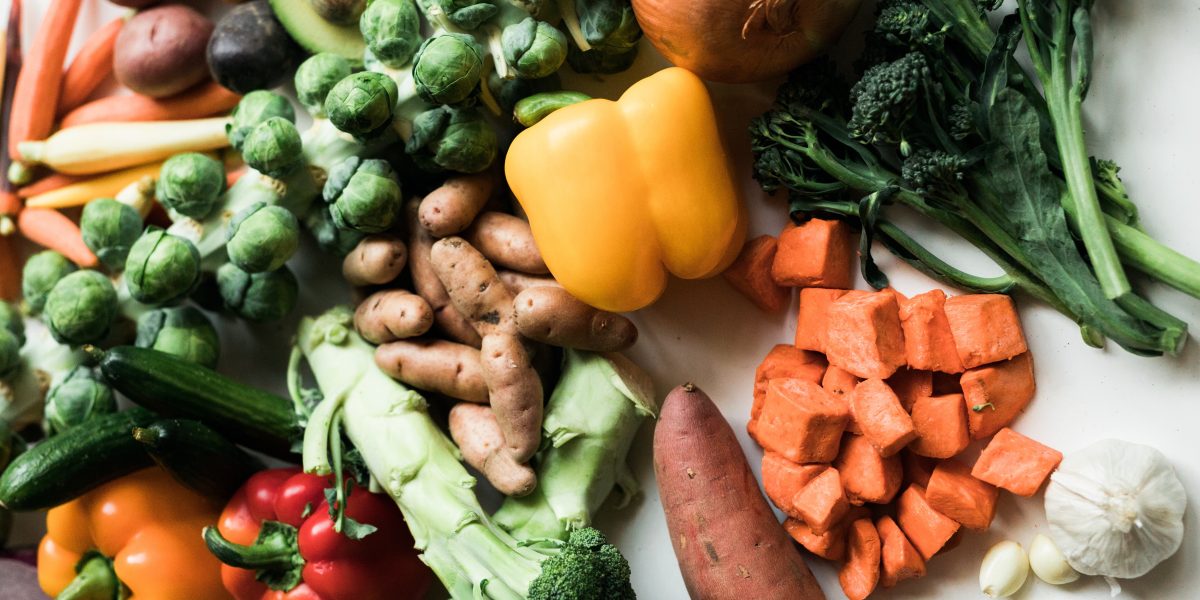- On 26, 27, 28 and 29 June, La Salle – Universitat Ramon Llull de Barcelona hosted the international congress committed to sustainable development
- The UPC-Mercabarna Chair presented the Foodback project and the UPC digital library to give a second life to non-marketable foods that are fit for human consumption
Last June, the Triple Helix XXI Conference was held, a meeting between enterprising universities committed to sustainable development that aims to link education, research and innovation around the Sustainable Development Goals and the ESG (environmental, social and governance) criteria.
During the conference, which took place between 26 and 29 June at La Salle – Universitat Ramon Llull in Barcelona, special sessions were organized around three agents of the Triple Helix, government, academia and industry, for each of the SDGs. The initiatives aimed to develop strategies, practices and solutions to the challenges exposed through joint actions of the 3 agents.
The Center for Agrofood Economics and Development (CREDA) participated in the session focused on SDG 2: Zero Hunger; together with Mercabarna, to promote the Foodback project that created the Catalan market in 2022. This initiative has as its main focus the use of fruits and vegetables that can not be commercialized but that are suitable for human consumption.
Representing the UPC-Mercabarna Chair, CREDA’s Research Fellow in Agri-Food Economy, Djamel Rahmani, and the head of Mercabarna’s Sustainability Department, Milagros Paseta, presented the Foodback project and the implications of the UPC in the search for solutions to SDG 2.
Thus, in his exhibition, Rahmani presented the initiative of the digital library of the UPC to collect a section on food waste, thus being the first in the entire Spanish territory. This section includes 8 sections: home, articles, database, books, academic papers, standards, projects and good practices.
Foodback Project:
The Foodback initiative is one of the main parts of Mercabarna’s plant waste management system, which aims to recover surplus fruits and vegetables to give them a second life and distribute them to vulnerable people. Thus, Foodback coordinates the distribution of usable food among 200 NGOs and soup kitchens.
The partners collaborating in this initiative are:
- Fundación Formación y Trabajo.
- Banco de los Alimentos.
- Cruz Roja.
- Cáritas.
- Programa Alimenta Barcelona.
In addition, Foodback has the support of the Department of Climate Action, Food and Rural Agenda of the Generalitat de Catalunya, the Barcelona City Council and the ‘La Caixa’ Foundation.



